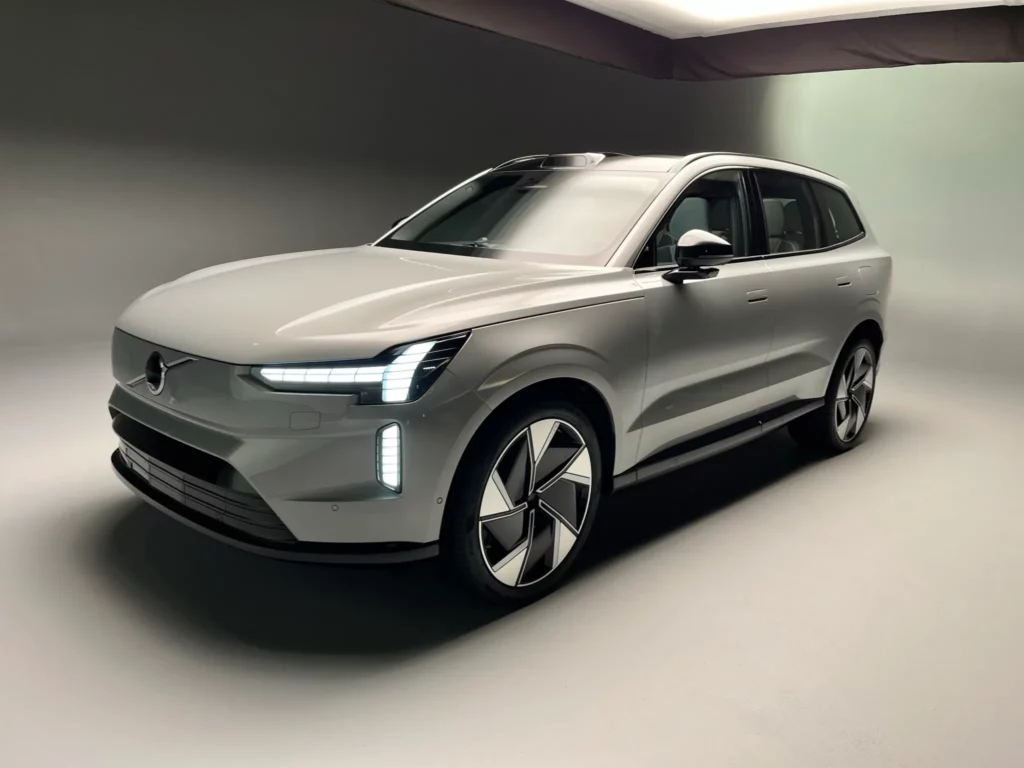
Volvo Cars has revised its 2026 profitability targets, citing global trade and tariff complexities. On Thursday, the Swedish automaker, majority-owned by China’s Geely, announced it would lower its operating profit margin target to 7-8%, down from its previous goal of over 8%. Additionally, it scrapped its ambitious sales target of 550-600 billion Swedish crowns ($53.5-58.4 billion).
The decision comes as major automakers face challenges in the electric vehicle (EV) market, including slowing demand, a lack of affordable models, and the slow roll-out of charging infrastructure. The potential impact of European tariffs on electric cars manufactured in China has also added to industry uncertainties.
Despite these setbacks, Volvo remains focused on technological innovation. It revealed plans to adopt a single software system, powered by Nvidia’s DRIVE Orin chips, for all future models. This software stack, which will be introduced with the flagship electric EX90 model, is designed to improve safety features and allow for constant updates via over-the-air technology, according to Anders Bell, Volvo’s Chief Engineering & Technology Officer.

In a cost-saving move, Volvo will also begin using “megacastings” for the underbodies of its electric vehicles. These large aluminum pieces, which replace numerous smaller parts that require welding, are expected to lower production costs and boost the use of recycled materials, helping reduce the company’s supply chain emissions.
Featured Image courtesy of Innovation News Network
Follow us for more updates on Volvo Cars.
